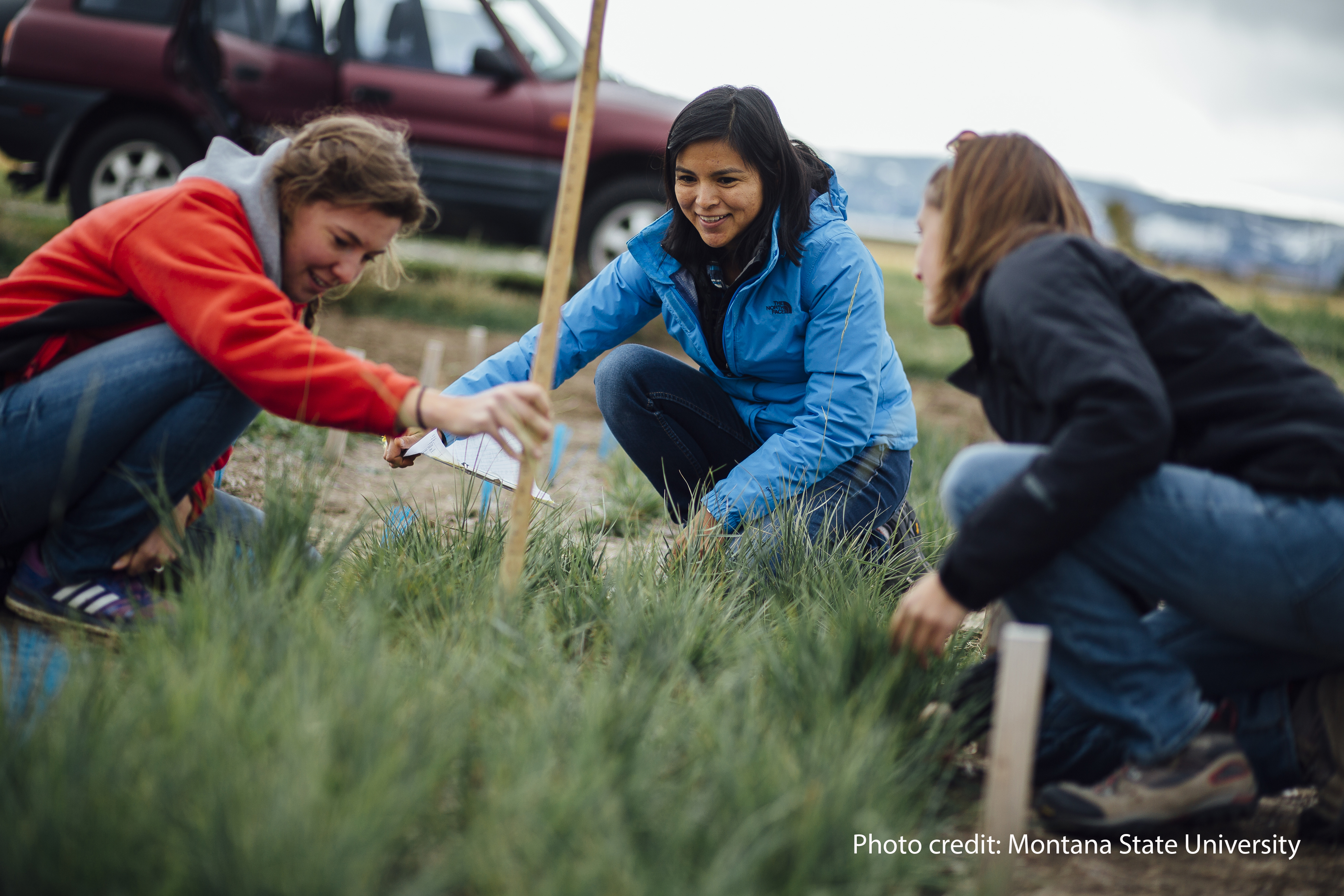One of our main goals at NSSE is to provide actionable data so that institutions can better ensure they are providing a high-quality educational experience for students. However, we also know that despite access to data and reports on student engagement, there are a number of reasons that enacting change on campus can be difficult. A common challenge that institutions face is finding ways to secure buy-in from campus stakeholders who may be skeptical of the data and results. Although we want people to critically engage with their data, it is problematic when this skepticism prevents institutions from making important educational improvements. In the most recent volume of Lessons from the Field, there were are number of institutions who show there are a number of ways to deepen others' understanding of the data.
One strategy institutions have implemented early in the NSSE administration process is to be more strategic in selecting comparison groups. Intentionally selecting comparison groups will help ensure the findings in your Institutional Report are meaningful. For example, results indicating that Biola University students scored lower than their peers on the Discussions with Diverse Others Engagement Indicator, even after the institution intentionally customized comparison groups, provided campus leaders with a greater impetus to identify strategies for improvement.
The University of Nebraska-Lincoln used a different strategy--they developed individualized reports for various campus units. One of these reports was catered specifically for faculty members. This report included findings from items related to teaching, such as the Student-Faculty Interaction and Effective Teaching Practices Engagement Indicators and reading and writing behavioral items. The faculty-focused report also included a section called, "A Closer Look." This section provided item-level successes and areas of improvement for first-year and senior students. This report allowed instructors to more easily identify ways they could act on the data.
A final strategy that institutions have employed is to combine their NSSE data with other internal and external data sources in order to gain a more in-depth understanding of engagement. Bucknell University created a Campus Climate Dashboard that combines findings from NSSE, the Consortium on High Achievement and Success survey, and the National College Health Assessment survey. At California State University San Marcos, the Division of Student Affairs reviews NSSE findings in concert with findings from the Cooperative Institutional Research Program College Senior Survey. Combining multiple data sources strengthens the findings and helps institutions identify specific ways to improve the educational experience for students.
For more details about the examples above and many others, read our Lessons from the Field volumes. You can also use this search tool for more examples of NSSE, FSSE, and BCSSE data use examples. If you have a story you would like to share with us, please do share it with us!


